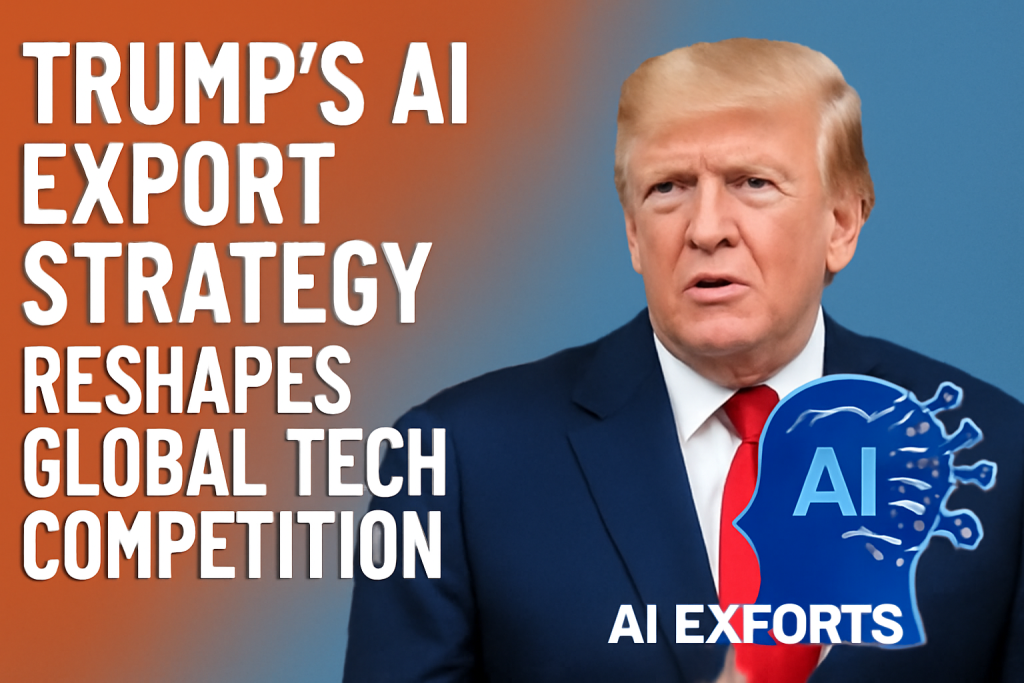Google made a $37 million investment in Africa’s AI market. This decision highlights how tech giants seize opportunities in emerging markets and emphasizes the significance of Google’s AI investment for Indian startups. Indian business leaders should closely observe this strategy.
The investment targets food security and local language AI tools. Google will fund African researchers and tech entrepreneurs. The company also offers 100,000 tech scholarships in Ghana.
Why It Matters Now
Google’s Africa strategy shows three key tactics. First, invest early in emerging markets. Second, solve local problems with AI technologies. Third, build talent pipelines before competitors arrive.
“I’ll be thrilled to see more investment from many others in Africa,” said Yossi Matias, Google’s VP of Research. This statement reveals confidence in market positioning.
The funding includes $25 million for food security AI tools. Another $3 million is allocated for language processing in 40 African languages. Google also backs 100 early-stage AI startups.
Strategic Advantage for Indian Startups
Google’s approach offers lessons for Indian companies. Focus on solving real problems with AI. Build local partnerships early. Invest in talent development, an essential aspect of the AI business strategy.
Google established an AI lab in Accra in 2019. This early move now pays dividends. The team created a housing dataset using satellite imagery. The project scaled to map 1.8 billion buildings globally.
Indian startups can follow similar tactics. Identify local problems that scale globally. Utilise AI to address these challenges, particularly within the African AI market. Build research capabilities early.
How It Solves Key Problems
Google targets three critical areas. Food security AI helps smallholder farmers. Language AI improves digital access. Startup funding creates innovation ecosystems in the tech competition.
The Flood Hub platform shows this strategy working. Google researchers in Africa have developed flood forecasting capabilities for 100 countries. Over 40 African nations benefit from this tool.
Indian companies should note this pattern. Build for local needs first. Scale solutions globally later. This approach creates sustainable competitive advantages.
Market Impact for Indian Leaders
Tech giants are investing heavily in emerging markets. Microsoft committed $297 million to South Africa’s AI sector. Meta launched accelerator programs across four African countries.
This trend affects Indian businesses directly. Global tech companies, including Google, will bring similar strategies to India. Local companies must prepare for increased competition, particularly in the AI business strategy space.
Google’s $1 billion total commitment to African tech shows long-term thinking. Indian leaders should adopt similar timeframes for AI investments.
What Business Leaders Should Know
Google’s investment reveals three market realities. First, AI adoption accelerates in developing markets. Second, language barriers create opportunities. Third, talent development drives competitive advantage, showcasing the significance of the Google AI investment.
“Africa is home to some of the most important and inspiring work in AI today,” said James Manyika, Google’s Senior VP for Research. This statement highlights overlooked innovation potential.
Indian businesses should assess similar opportunities. Which local problems need AI solutions? How can language barriers become advantages? Where should talent investments focus?
Google opened an AI Community Centre in Accra. This physical presence builds relationships and trust. Indian companies should consider similar strategies for navigating the African AI market.
Strategic Takeaways
Google’s Africa investment shows successful market entry tactics. Early investment beats late competition. Local problem-solving scales globally. Talent development creates lasting advantages.
Indian business leaders should apply these lessons. Identify underserved markets or problems. Build AI solutions that scale. Invest in talent early, aligning with the broader theme of tech competition in the AI landscape.
The competition for AI talent and markets will intensify. Companies that follow Google’s playbook will gain strategic advantages. Those who wait will face entrenched competitors.


